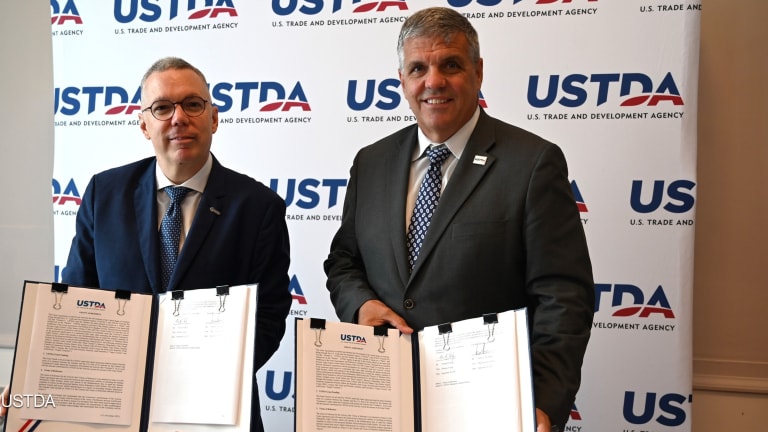Since being sworn in as United States president on Jan. 20, Donald Trump has left global development professionals scrambling to digest a flurry of decisions that are quickly impacting the sector.
He issued unprecedented orders to freeze U.S. foreign aid and slash funding to the United Nations. Since then, USAID has been shuttered, tens of thousands of people have been laid off, and many billions of dollars of awards have been canceled.
Here, Devex is tracking the impact on development as the new U.S. administration continues its efforts to realign government policies and priorities with Trump’s “America First” agenda.
Printing articles to share with others is a breach of our terms and conditions and copyright policy. Please use the sharing options on the left side of the article. Devex Pro members may share up to 10 articles per month using the Pro share tool ( ).
This article was last updated on 7 January 2026









